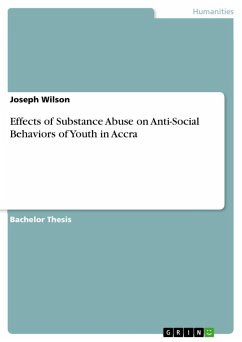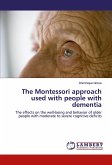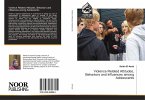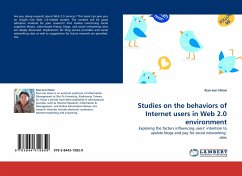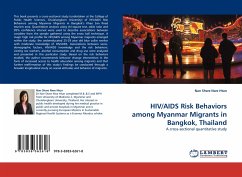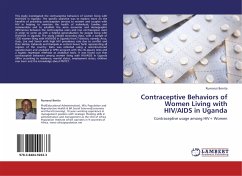While it is well established that risky sexual behavior is the main cause of new HIV/AIDS infection, little is known about how HIV/AIDS stereotypical images among youth fuel HIV/AIDS risky sexual behavior. This case study utilized the Tanzaniäs informal settlements of Tandale squatters in Kinondoni District, involving public transport bus drivers, motor cyclists, street food vendors, luggage carriers, traditional dancers, gangsters and unemployed population as participants. The study findings established that HIV stereotypes are gendered in favor of males than females, and emerge from incorrect information socially constructed during youth socialisation in each informal group or social network of a given cluster of social actors. Several socio-economic factors such as gender, age and income of the study participants were responsible for modification of HIV/AIDs stereotypical images that fuel new HIV infection among youth. There were HIV/AIDS stereotypical images disparity between youth engaged in formal versus informal employment, and are influenced by specific employment patterns.
Hinweis: Dieser Artikel kann nur an eine deutsche Lieferadresse ausgeliefert werden.
Hinweis: Dieser Artikel kann nur an eine deutsche Lieferadresse ausgeliefert werden.



